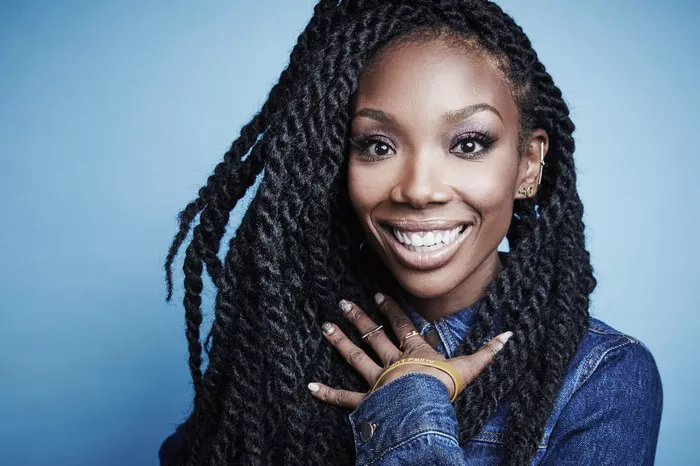In a significant move toward fostering workplace equality, France has taken strides to outlaw discrimination based on hairstyles.
The National Assembly has given its stamp of approval to a bill aimed at curbing discriminatory practices in employment settings. The legislation will now proceed to deliberation in the Senate.
Under the proposed law, employers will be prohibited from enforcing grooming standards that necessitate hair straightening. Additionally, restrictions on styling choices such as afros, dreadlocks, and braids will be prohibited.
The primary impetus behind the bill is to extend support to individuals, particularly those of black descent, who have encountered prejudice and bias in professional environments.
While the legislation does not explicitly target race-based discrimination, it serves as a pivotal step in addressing such injustices.
Furthermore, the bill offers protection to individuals irrespective of their hair color, including blondes and redheads, as well as those who may be bald and subject to what the legislation terms as “hair prejudice.”
Olivier Serva, the lawmaker behind the bill and a representative from the French Caribbean territory of Guadeloupe, cited an American study highlighting that a significant proportion of black women reported being denied job opportunities due to their choice of hairstyle during interviews.
Mr. Serva underscored the pervasive nature of discrimination faced by individuals who do not conform to Eurocentric beauty standards, emphasizing the need for legislative intervention.
However, critics argue that existing French legislation already prohibits the collection of personal data pertaining to an individual’s race or ethnicity, in line with the nation’s “universalist” principles.
Anti-racism advocates contend that the absence of explicit reference to “racism” within the bill presents a glaring oversight, particularly in light of the widespread online harassment faced by individuals, including public figures, due to their natural hair.
They assert that hair discrimination predominantly targets black individuals.
Social anthropologist Daphne Bedinade voiced concerns to Le Monde newspaper, asserting that focusing solely on hair discrimination obscures the broader societal challenges faced by individuals whose hair serves as a basis for discrimination, notably black women.
Guylaine Conquet, a journalist hailing from Guadeloupe, recounted her personal struggle with societal expectations regarding hair presentation. Conquet disclosed her decision to embrace her natural hair in 2015, a transition met with resistance and scrutiny from her audience.
She recounted the pressure she faced to conform to conventional standards of professionalism, highlighting the pervasive nature of societal expectations.
In a separate but related development, in 2022, Aboubakar Traoré, a black crew member of Air France, emerged victorious in a decade-long legal battle to wear braided hair while on duty aboard flights. France’s highest appeals court ruled in his favor, albeit on the basis of gender parity, as his female counterparts were already permitted to wear braids.


